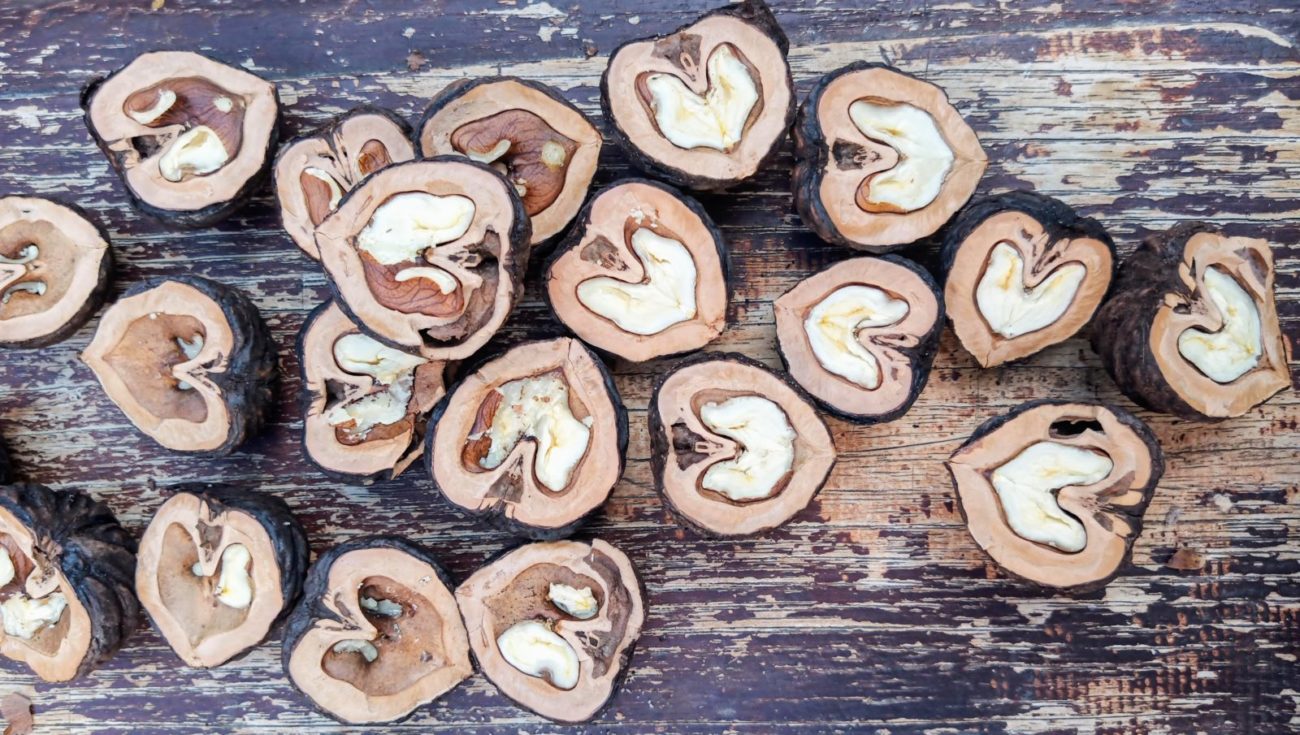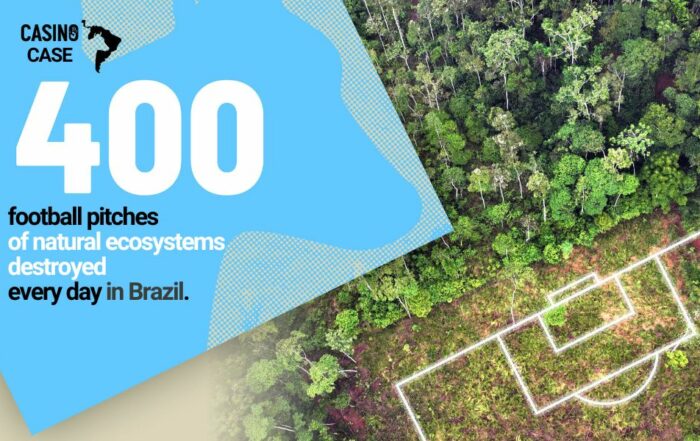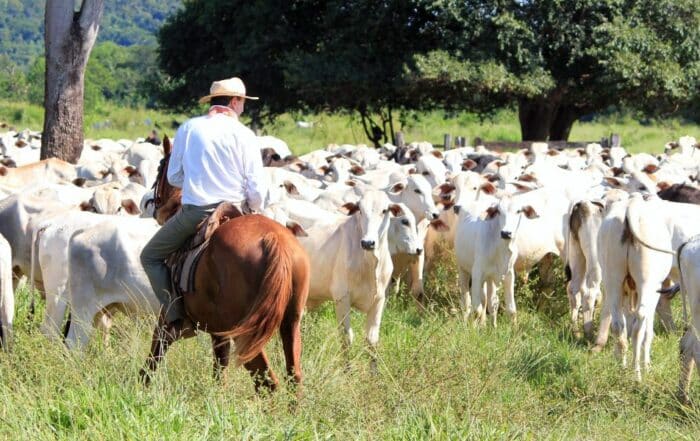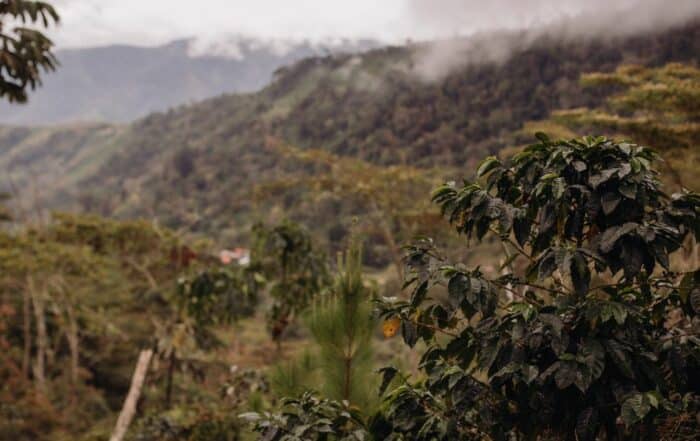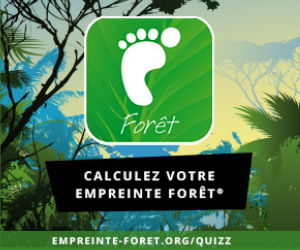![[AGROCAFE]crema huancaina con nogal Paucarbambilla_FEV2021@S.BASHI](https://da1323dc.delivery.rocketcdn.me/wp-content/uploads/2021/04/AGROCAFEcrema-huancaina-con-nogal-Paucarbambilla_FEV2021@S.BASHI_-768x1024.jpg)
During the month of February, part of the Envol Vert field team and some associated farmers harvested seeds of the black walnut tree (Juglans neotropica). This species is naturally distributed in the Pichanaki area, and is currently in danger of extinction. However, despite its still relative abundance, this tree is constantly rejected by farmers in Pichanaki, because it is an allelopathic species and inhibits the good development of other crops around it, such as coffee. Therefore, farmers have rarely shown interest in reforestation.
The black walnut tree is an interesting species because of its multiple benefits and uses, such as the nutritional properties of its nut, medicinal use, dyeing use, the role it plays in forests as protection of watercourses and stabilisation of steep slopes, among others. This information has been collected and shared among project participants in Pichanaki during the first months of the year, with the aim of supporting its conservation. To demonstrate its uses and benefits, part of the harvest was used during the lunches shared with the farmers’ groups, in the preparation of creams for example.
The seed harvest will allow the Envol Vert team, with the participating population, to evaluate processes (harvesting, drying, etc.) and possibilities of using the nut on a larger scale in the coming months, as part of the search for economic alternatives.
![[AGROCAFE]crema huancaina con nogal Paucarbambilla_FEV2021@S.BASHI](https://da1323dc.delivery.rocketcdn.me/wp-content/uploads/2021/04/AGROCAFEcrema-huancaina-con-nogal-Paucarbambilla_FEV2021@S.BASHI_-768x1024.jpg)
During the month of February, part of the Envol Vert field team and some associated farmers harvested seeds of the black walnut tree (Juglans neotropica). This species is naturally distributed in the Pichanaki area, and is currently in danger of extinction. However, despite its still relative abundance, this tree is constantly rejected by farmers in Pichanaki, because it is an allelopathic species and inhibits the good development of other crops around it, such as coffee. Therefore, farmers have rarely shown interest in reforestation.
The black walnut tree is an interesting species because of its multiple benefits and uses, such as the nutritional properties of its nut, medicinal use, dyeing use, the role it plays in forests as protection of watercourses and stabilisation of steep slopes, among others. This information has been collected and shared among project participants in Pichanaki during the first months of the year, with the aim of supporting its conservation. To demonstrate its uses and benefits, part of the harvest was used during the lunches shared with the farmers’ groups, in the preparation of creams for example.
The seed harvest will allow the Envol Vert team, with the participating population, to evaluate processes (harvesting, drying, etc.) and possibilities of using the nut on a larger scale in the coming months, as part of the search for economic alternatives.

